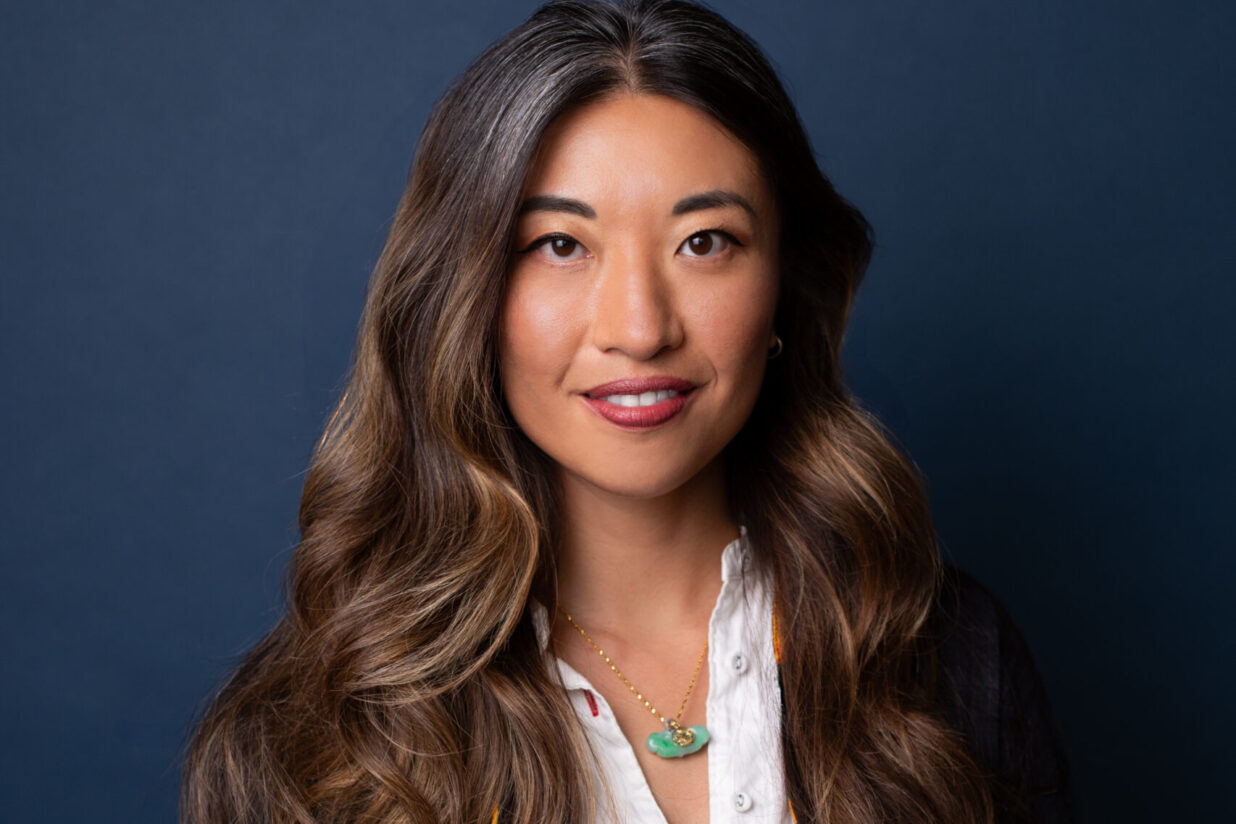06.12.2024 - 11:37
|
Actualització: 06.12.2024 - 11:42
The social network Bluesky has gained significant popularity in recent weeks as it has become one of the main alternatives to X. Many people are leaving the former Twitter due to the shift that became noticeable two years ago when Elon Musk purchased the platform. Racist, xenophobic, and far-right rhetoric, along with violent content, have taken hold, and many users feel that calm debates like those of the past are no longer possible. People are placing their trust in Bluesky. But who is behind this platform, and what is it all about? We discuss this via video conference with Rose Wang, Bluesky’s Chief Operating Officer, who sheds light on some key aspects.
—How are you? You’ve already surpassed 23 million users. Did you expect this?
—I think we’ve had more users in our first year than Instagram and Twitter did in theirs. Naturally, we didn’t expect it. Over the past ten years, there hasn’t been a surge in new social networks like there has been with messaging apps, apart from TikTok. But for a social network like ours, where you connect with friends, it’s been a while since that happened. We’re as surprised as everyone else. We couldn’t force this to happen; users had to choose us. And when you’re a small startup that no one knows about, you sometimes wonder, “Does this even matter to anyone?” The answer has been a resounding yes.
—Is Bluesky the new Twitter?
—That depends on who you ask.
—The interface looks identical.
—It’s very similar to Twitter. Jack Dorsey started the project with a tweet, so I completely understand the connection. We’re excited to think that by the end of next year, people will stop comparing the two because they’ll see we’re different. Right now, comparing us to Twitter is like comparing 1950s television to Netflix. On X, there are few channels. Bluesky is different. There are many channels, feeds are created, and in fact, they’re created by the users themselves. In any case, Bluesky is even more democratic.
—Do you agree with the claim that the far right has taken over Twitter?
—I’d say that Twitter in the US clearly isn’t a bipartisan platform anymore. It’s now a megaphone for one party. I don’t know how that will change over time because it depends on people’s opinions. But that’s exactly why Bluesky exists—so users can take back the helm.
—I ask because many people are tired of far-right content and violent imagery appearing on Twitter…
—Bluesky operates under our terms of service and community guidelines. At this time, we don’t allow misinformation or hate speech. However, some things fall more into the realm of opinions that we wouldn’t remove. That’s where user moderation tags come in. If you believe something is misinformation or lacks evidence, you can flag it. This happens often in politics and gives users more control. In other words, they don’t have to wait for us, as a central authority, to decide what’s right or wrong. Bluesky builds the infrastructure for an open, global conversation, and our tools allow people to create their own experiences. We don’t build tools for any specific political viewpoint. We don’t serve the right or the left. Any user who wants to have healthy dialogue and create their own spaces will find a safe place here.
—Why do you think people trust Bluesky to foster healthier discussions?
—There are a few reasons, but one of Bluesky’s philosophies is that we, as a team and as a company, can be adversaries in ourselves. We don’t ask people to trust us but rather to trust our infrastructure. It’s like democracy—you may not like every president, but you trust the process, knowing there’s a chance to elect a new leader in four years. We’ve opened our app, our protocol, and users can take their data anywhere. People often mistake technology for solving human social problems. It helps enable connections, but without the right people—the soul of the party—it won’t be diverse. Bluesky is completely different from Instagram, where aesthetic content dominates. Here, the content and culture are different. Plus, we don’t control the algorithm, and people can follow one another freely. Participation numbers speak for themselves. It’s remarkable.
—Can you explain what you mean by decentralization? Many people don’t fully understand it.
—It’s very complicated to explain [laughs]. The example I like to use is the dating app Hinge, similar to Tinder and Bumble. It used Facebook’s API [application programming interface] to help match profiles. Anyone could connect and see if others shared interests. Facebook cut the connection with Hinge because it didn’t want such interconnectivity. With Bluesky, the protocol is open. Anyone can keep building without central authority. Users can express what they like. We, as part of the ecosystem, can learn from it but can’t shut it down. People need to understand that we don’t have as much power as most other centralized platforms.
—Bluesky isn’t the first decentralized network. Mastodon is very popular in Europe and doesn’t have a company behind it. Yours does.
—Mastodon has people who’ve worked on ActivityPub [a development protocol]. There are many differences, the main one being design. I think Mastodon is hard for users to understand. You have to look for servers to aggregate information, which can confuse people unfamiliar with decentralization—people who just want to know what their followers like and find friends. We focus on end users, everyday users, and the experience. Mastodon is mostly small communities. I remember trying to join when it had only 500,000 users. The server was full, so I had to find another, and I got lost [laughs]. It took me ten minutes to find a friend sitting right next to me. I kept saying I couldn’t find her.
—How many people work at Bluesky, and how are you funded? I see cryptocurrency companies are involved.
—Our team has 20 people, and we’ve hired 25 content moderators. We have many investors—crypto companies aren’t the only ones who believe the future lies in decentralized networks because that’s the world they want. It’s also practical; they believe technology shouldn’t be forced on users but should solve problems. It’s important to clarify that investing doesn’t mean control. These are separate things. That’s why Kinjal Shah is one of our partners. She understands our decentralized vision better than most investors and hasn’t pressured us regarding cryptocurrencies. It’s about finding a like-minded partner.
—Are you exploring other funding sources?
—Yes, at the end of the year, we’ll launch paid subscriptions, which won’t affect basic features. They’ll be more about aesthetics, like customizing avatars or downloading high-resolution images. I insist: we prioritize users and don’t like to pressure them. People build the ecosystem. We want developers, creators, and users to thrive on Bluesky.
—Let me ask a political question. Do you think Donald Trump’s administration might take a hostile stance toward your project?
—I have no idea, but some people with ties to Trump’s administration, including Elon Musk, have tweeted negative things about Bluesky. There are hints, but nothing clear.
—Does that worry you?
—Worry? Not at all. We’re prepared. I won’t give you details, but we have many experts. It’s important to emphasize that we’re not a platform for any political party. We aim for healthy conversations where everyone can create their spaces. That doesn’t mean there won’t be supporters of Trump or other presidents. What we’re saying is that, like anywhere else, our goal is dialogue.
—To wrap up, how would you describe Elon Musk in one word?
—Unpredictable.
—Why?
—Because I’m sure he is [laughs].
—Would you like to add anything?
—One challenge of social networks is onboarding. At Bluesky, we focus on community. As soon as you join, you’ll find an interesting starter pack to begin exploring.
- More news in English, at VilaWeb
- All the news, in Catalan



